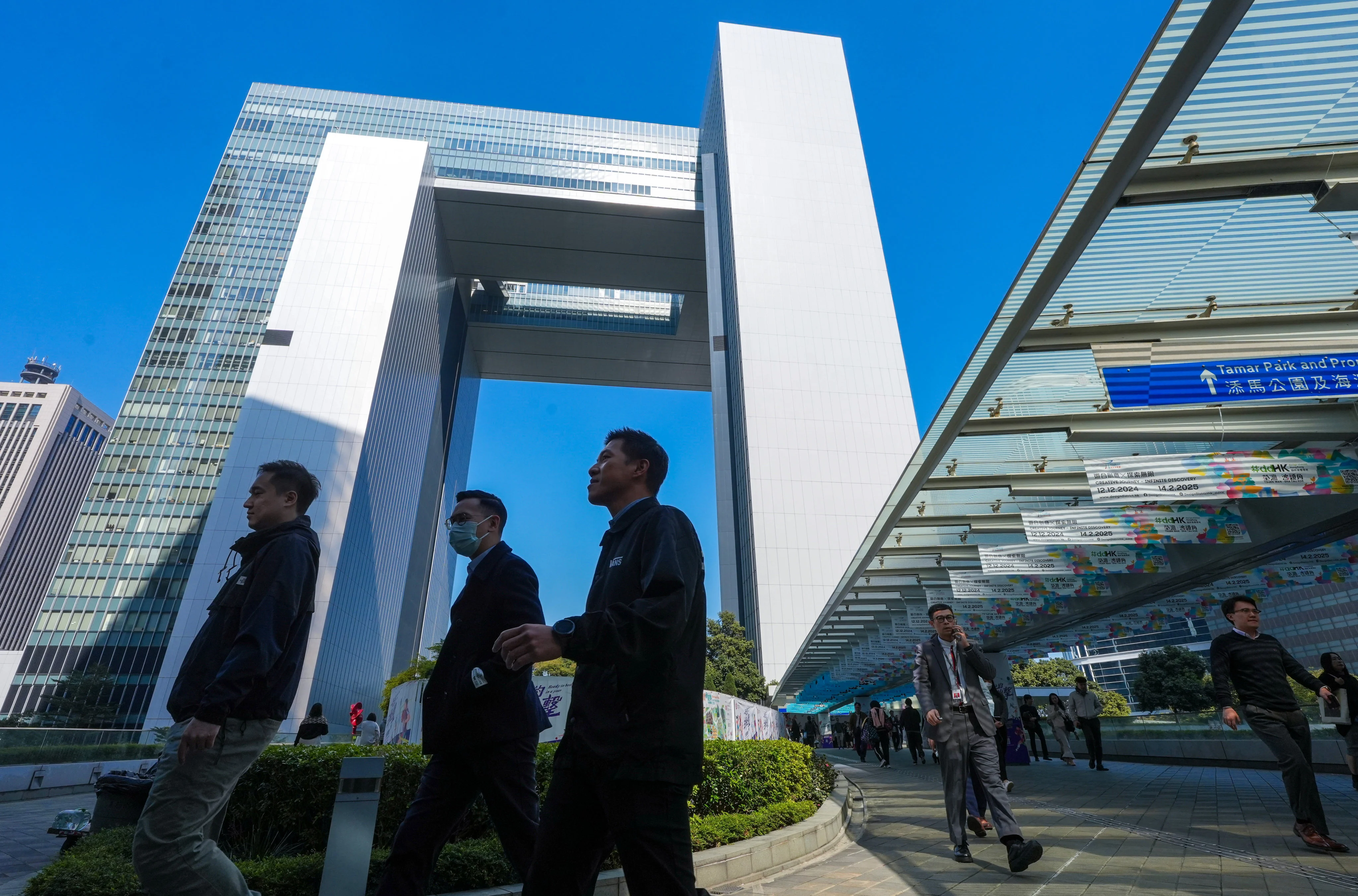By Matthew Cheng
Copyright scmp

Hong Kong’s senior civil servants will be subject to a new mechanism to hold them accountable for underperformance, with dismissal as the maximum penalty.
Announcing the new “Heads of Department Accountability System” in his annual policy address, the chief executive later dismissed concerns that the move might deter senior servants.
“If they think like that, they had better go,” city leader John Lee Ka-chiu said.
The new accountability system, aimed at building a more effective governing team, would penalise underperforming senior civil servants and address internal deficiencies.
“It seeks to eliminate bottlenecks, plug shortfalls, streamline workflows, and continuously enhance departmental efficiency,” Lee said.
The mechanism would identify responsibility when problems arose and would propose corresponding administrative or disciplinary actions.
The Public Service Commission, a statutory body advising on public service matters, will gain the power to conduct independent investigations into serious cases, or those that are widespread, repetitive and systematic.
Department heads will handle general incidents of poor conduct.
The commission said it welcomed and fully supported the proposed accountability system and would actively participate and work closely with the government on the preparatory work.
It also pledged to uphold fairness and impartiality when conducting investigations.
“The consequences include warnings, reprimands, not being granted a salary increment, relegation in rank, reduction in salary, compulsory retirement and even dismissal,” Lee said in his policy address.
He stopped short of giving examples of scenarios that could lead to the maximum penalty of dismissal.
Hong Kong currently runs an accountability system for political appointees, including all government ministers, their deputies and political assistants, as well as the director of the Chief Executive’s Office.
The city leader said the mechanism would not replace any existing accountability mechanisms, and the new system would distinguish political accountability of policy formulation for bureau chiefs from the administrative accountability for civil servants.
Lee first proposed the idea in mid-June. Two months later, authorities became embroiled in a bottled water procurement scandal, in which the Government Logistics Department awarded the contract to a company that allegedly used fraudulent documents.
The city leader earlier expressed deep disappointment over the department’s failure to detect the allegedly fraudulent documents.
Asked about the scandal on Wednesday, Lee said that the incident would be handled under the existing framework.
In his policy address, he said that the new mechanism could prevent controversies that eroded public trust in authorities.
The city has seen an exodus of civil servants, notably among administrative officers, in recent years.
Asked whether senior civil servants might be deterred by the new accountability system, potentially leading to a brain drain from the government, Lee was firm in his response.
“If there are one or two particular people who are worried about this, they are not qualified to be a head of department,” he said.
The city leader added that he believed many civil servants were dedicated and that the new accountability system would improve their performance.
Lee also unveiled plans to strengthen the civil servants’ performance appraisal mechanism by introducing a more rigorous appraisal framework to better reflect staff performances.
He said public servants often received good rankings in appraisals, and it was difficult to identify potential candidates for promotions, emphasising the need for a fair system and “more systematic” disciplinary procedures.
Regina Ip Lau Suk-yee, convenor of Hong Kong’s top decision-making body, the Executive Council, expressed her support for the proposed system.
She said bureau chiefs headed multiple departments and would be unable to be held accountable for daily departmental operations.
“This is what they are supposed to do anyway. I don’t think it will add to their burden,” she said.
Ip added that the proposed system would bolster departmental responsibility by replacing the current complex and protracted disciplinary mechanism, which only penalised criminal offences or misconduct.
Not everyone was persuaded. Lee Fong-chung, former chairman of the Hong Kong Senior Government Officers Association, urged authorities to consult civil servant groups before rolling out the mechanism.
“If the responsibility is not proportionate, some may consider leaving,” he said.
“The government should prioritise stability and retain dedicated public servants; overly harsh measures could drive them to seek other opportunities.”



